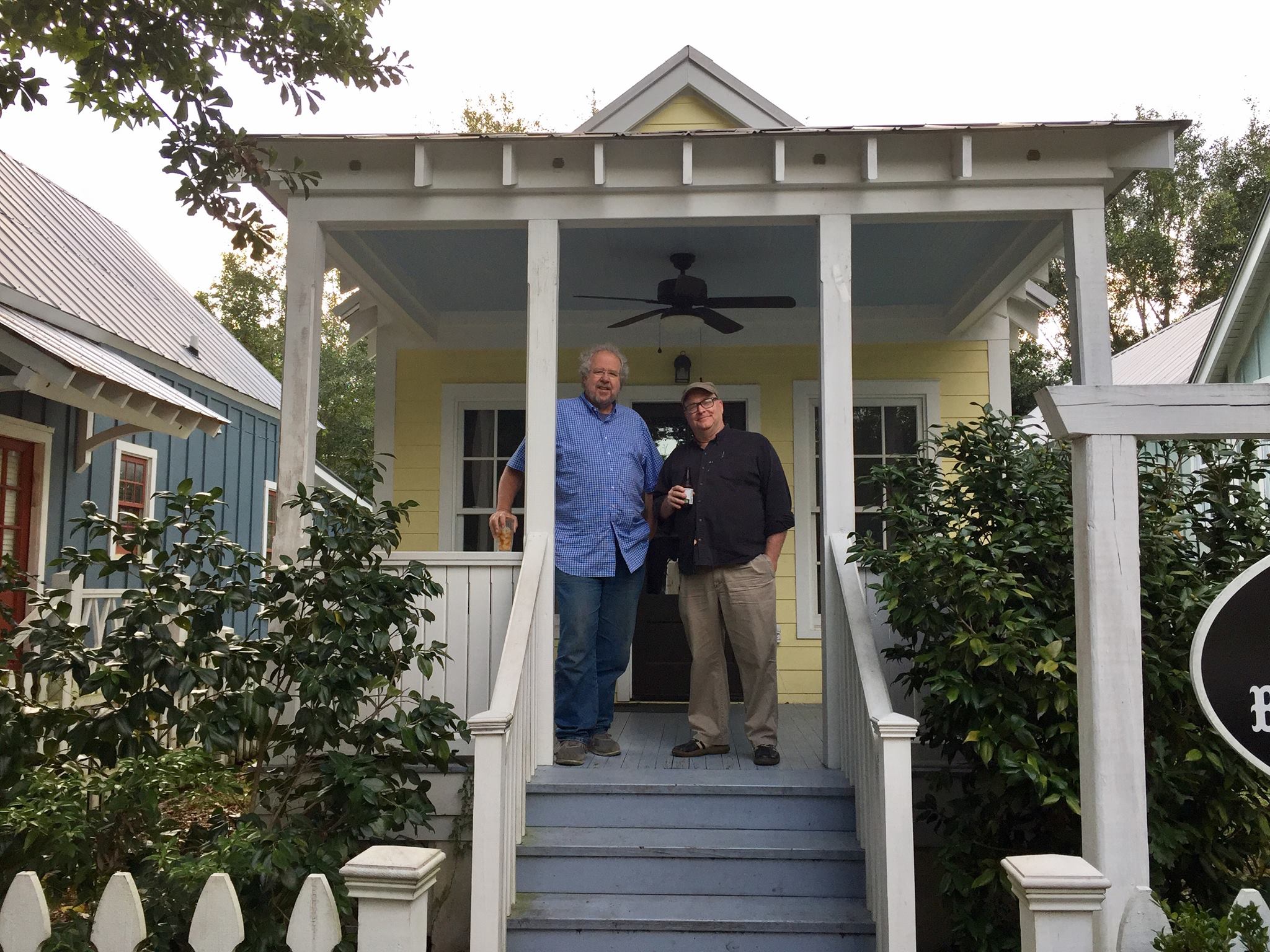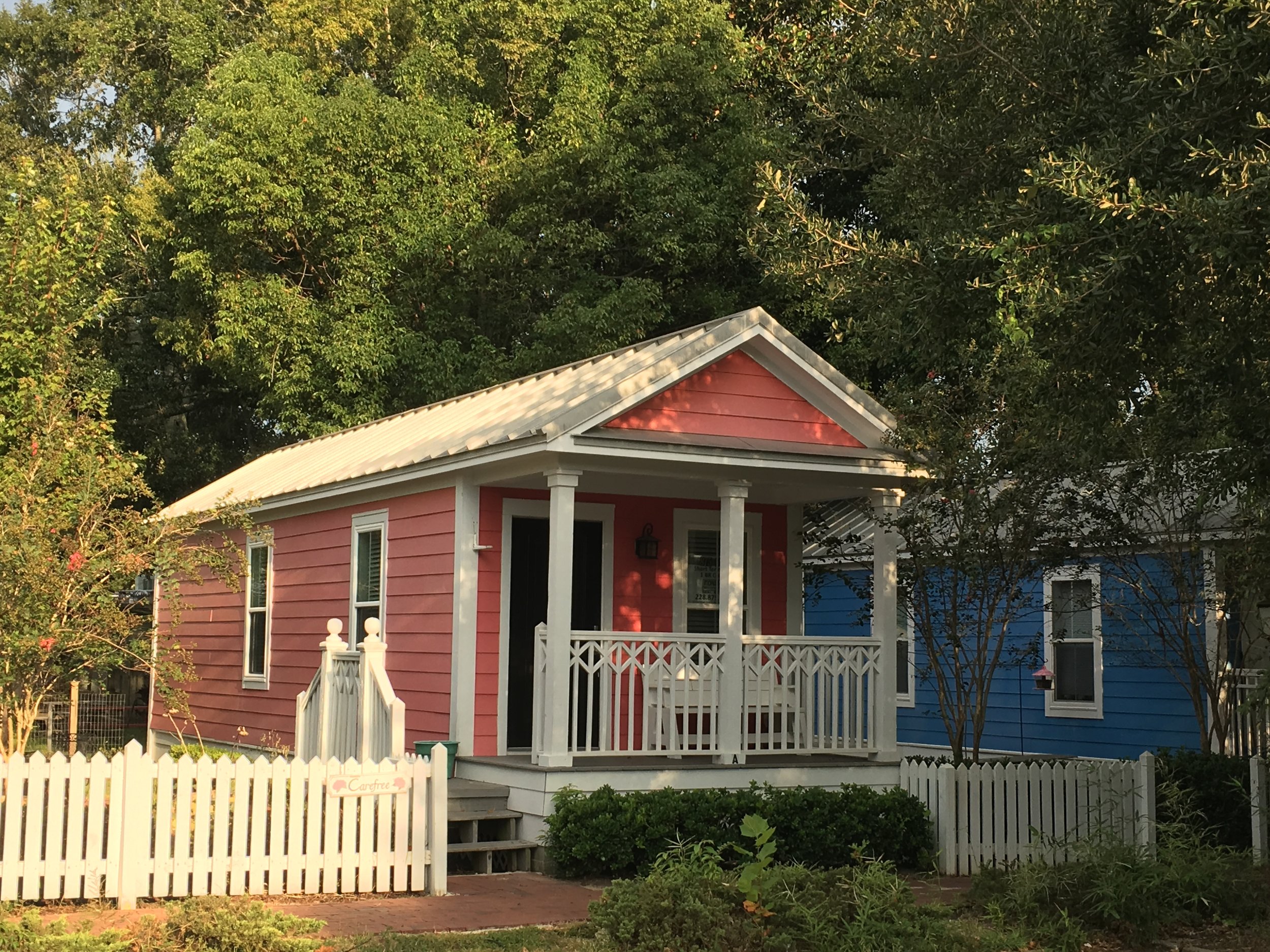I do a lot of teaching and coaching of small developers through the Incremental Development Alliance (IncDev). In the course of that effort I meet folks who are really interested in Alternative community based models for owning buildings. These include Benefit Corporations, Co-operatives (Co-ops), Low-profit Limited Liability Companies (L3C's), or Cohousing
. I think I understand and appreciate the reasons why these arrangements are attractive to people looking to build community, but I want to offer some advice on the mechanics of using these structures in a development project.
These are all structures for owning real estate that have alternative methods for governance and distribution of profits that are alternatives to the more typical tools for owning income producing real estate, the partnership or
Limited Liability Company (LLC)
. Before you get fancy with alternative ownership structures, focus upon the basics by standing up an enterprise that will be doing the work of the developer; finding the site, testing various designs and financing approaches, building . leasing and operating the building or buildings. The Operating Company can be the operating partner, operating co-op member, managing LLC or L3C member, or Benefit Corp. manager. All of these various ownership structures are set up to do the job of describing how capital will be raised for the project and how profits will be distributed. It is the role of the Operating Partner to raise the capital, build/rebuild and operate the buildings profitability so that there is cash flow to distribute among the owners regardless of what ownership model is used, or the mission of the enterprise.
Before you get fancy with alternative ownership structures build a straightforward simple project with straightforward and simple ownership structure, an operating partner and a capital partner under a typical LLC that is limited to just one project as the owner. (a Project-Specific LLC). You build this structure with an ordinary LLC Operating Agreement. Under the Operating Agreement, the Operating Partner and the Capital Partner both know who is supposed to do the work (the Operating Partner), who is supposed to put in the capital needed (the Capital Partner), how important decisions will be made, how and when the capital partner will get their original investment back, and how revenue beyond the repayment of principal will be distributed between the capital partner and the operating partner.
The basic deal structure is a good starting point for folks that want to eventually set up other more elaborate alternative forms of ownership. It will help the small developer to become good at doing the work of the operating partner -an essential role that is required in every one of the alternative ownership structures mentioned above.
In any of these structures people putting up the money in large or small amounts are going to ask a very legitimate series of questions:
- Who is in charge of this thing?
- Do they know what they are doing?
- How do decisions get made?
- How does the project make money?
- When do we get our initial investment back?
The horse that goes before the cart is knowing how to do the work of the operating partner. Do that on a small project. It’s like learning how to drive in an empty parking lot before you attempt to drive on local streets or on a freeway. Once you have some of those basic operating skills, then you can look at alternative ownership structures consistent with your mission. The operating partner is the crucial resource,
not the money
.
Raising money from a couple of individuals and operating under a straightforward project-specific LLC is easier and less complicated than Crowd Funding, REIT formation, starting a co-op, L3C, or Benefit Corporation. Walk before you try to run (attempt to fly).



 We (David Kim, Bruce Tolar, Will Burgin and I) are currently working on a wide range of tools for delivering walkable neighborhoods and incremental development. After Hurricane Katrina, Bruce and a host of others put in thousands of volunteer hours producing an alternative to the awful FEMA travel trailer that came to be called the Katrina Cottages. The State of Mississippi's Emergency Management Agency (MEMA) commissioned several thousand MEMA cottages of various sizes that were used as part of the hurricane recovery effort and eventually were sold for permanent housing.
We (David Kim, Bruce Tolar, Will Burgin and I) are currently working on a wide range of tools for delivering walkable neighborhoods and incremental development. After Hurricane Katrina, Bruce and a host of others put in thousands of volunteer hours producing an alternative to the awful FEMA travel trailer that came to be called the Katrina Cottages. The State of Mississippi's Emergency Management Agency (MEMA) commissioned several thousand MEMA cottages of various sizes that were used as part of the hurricane recovery effort and eventually were sold for permanent housing.